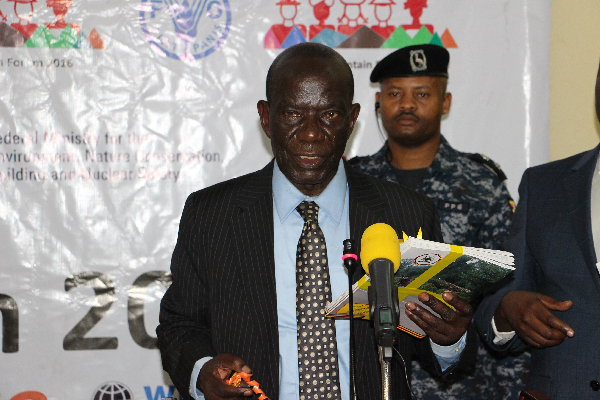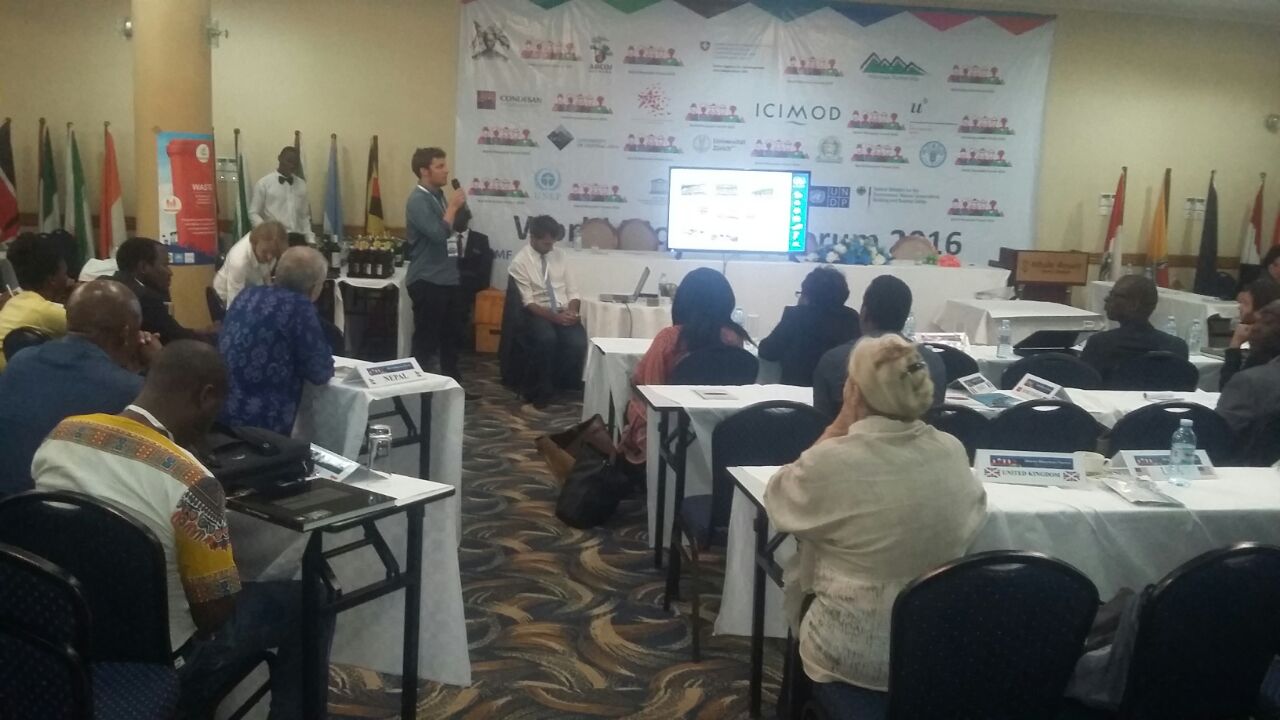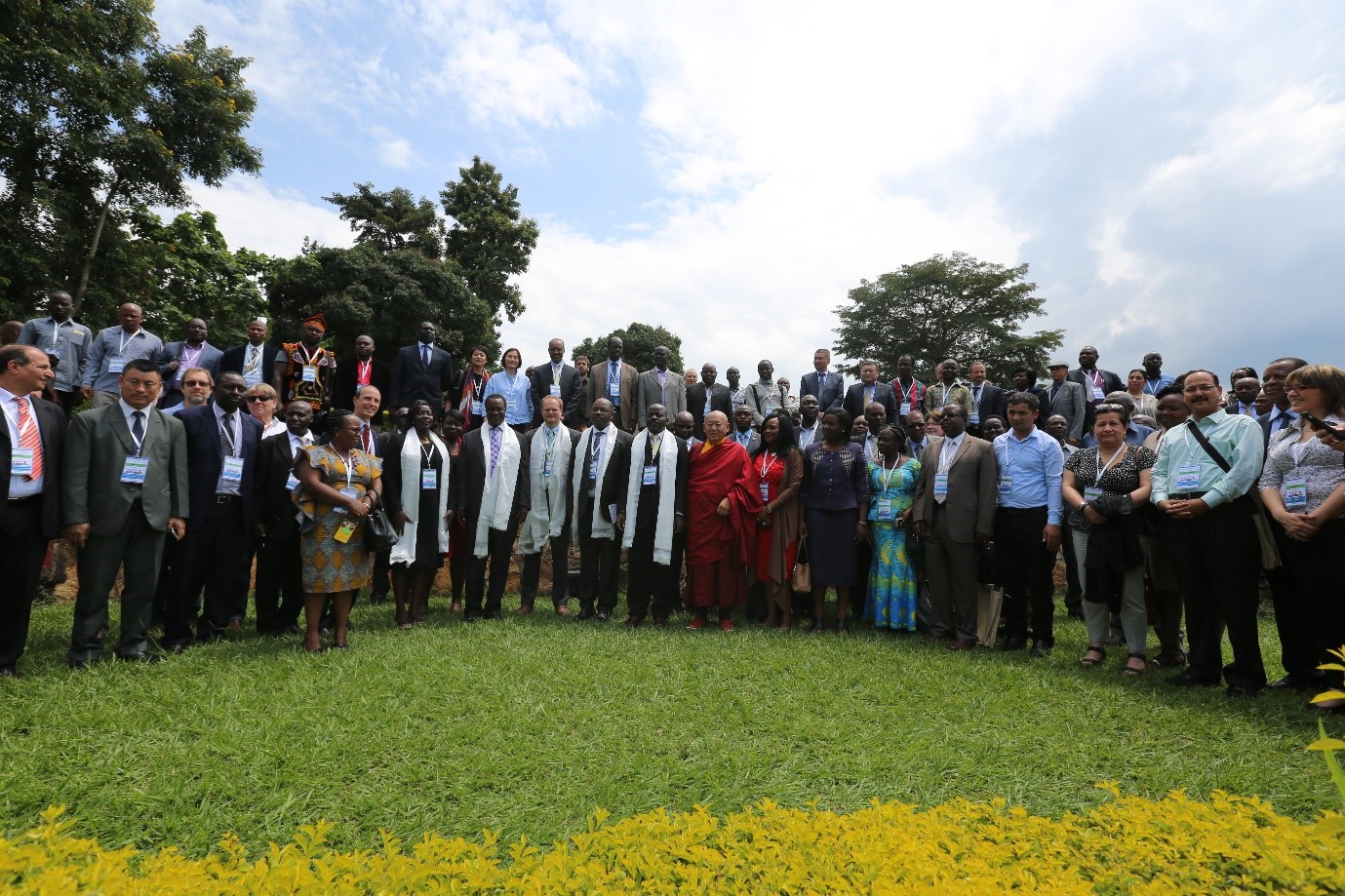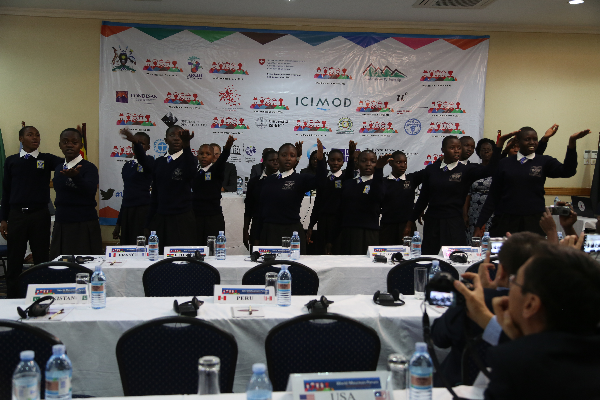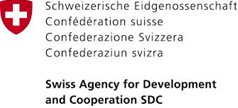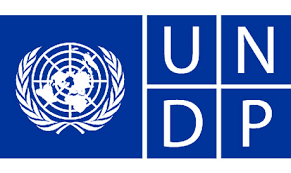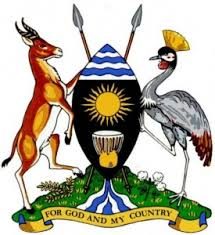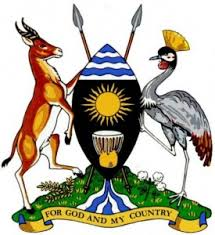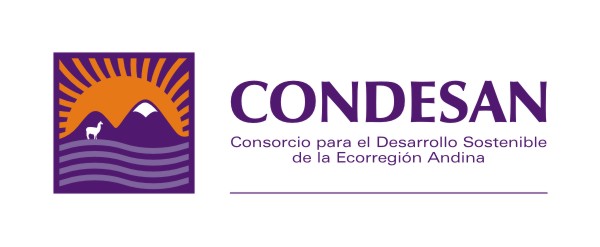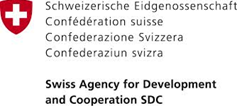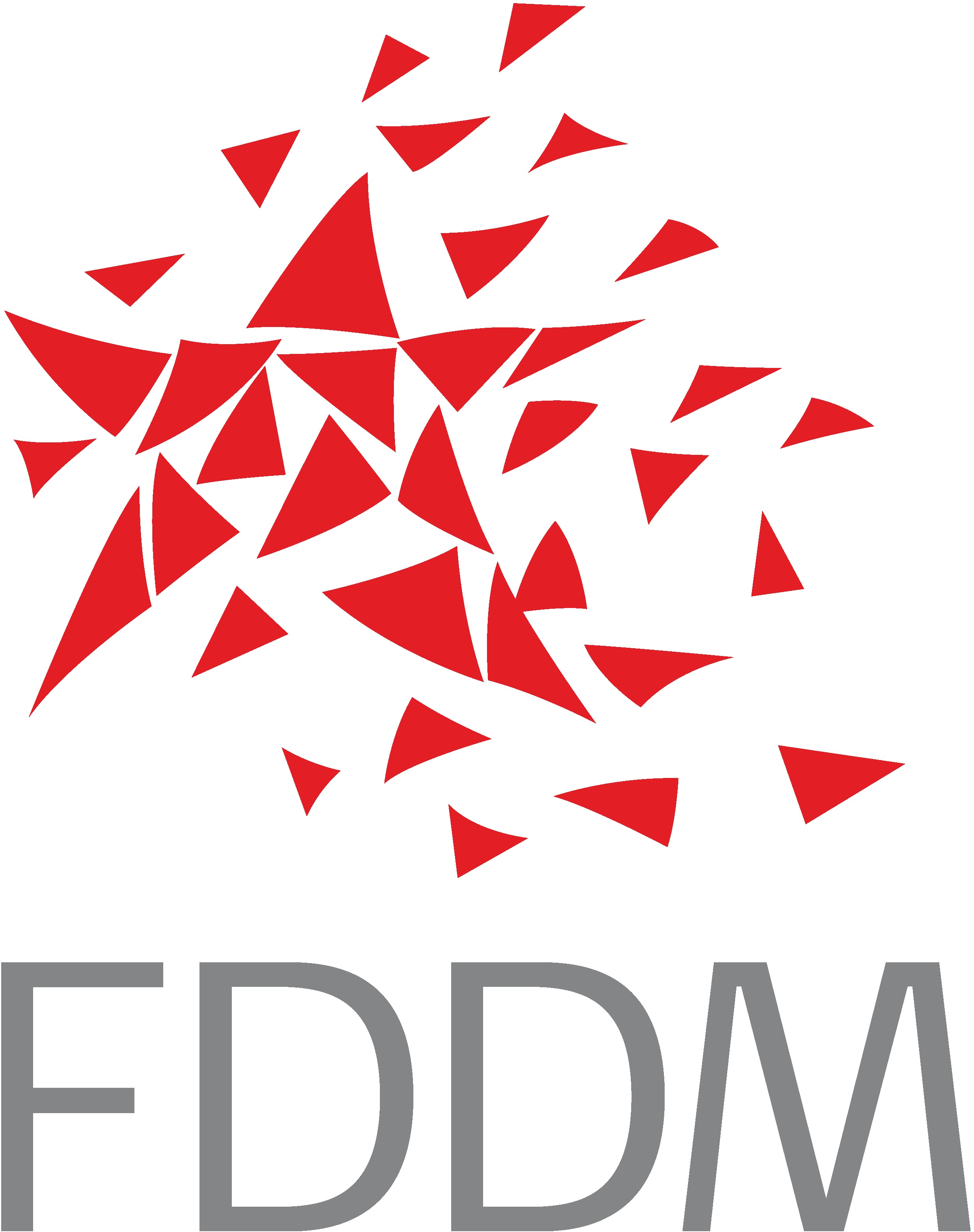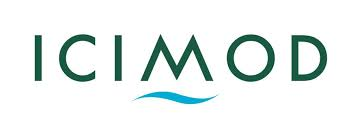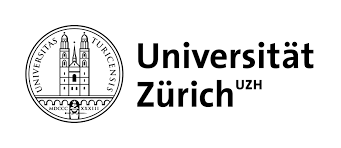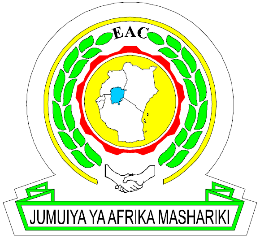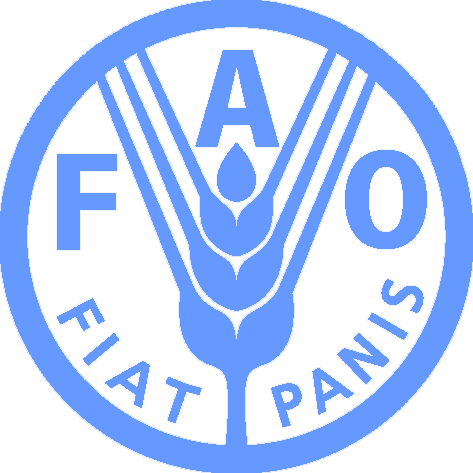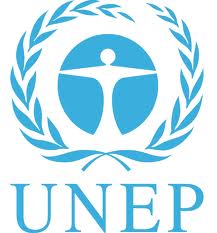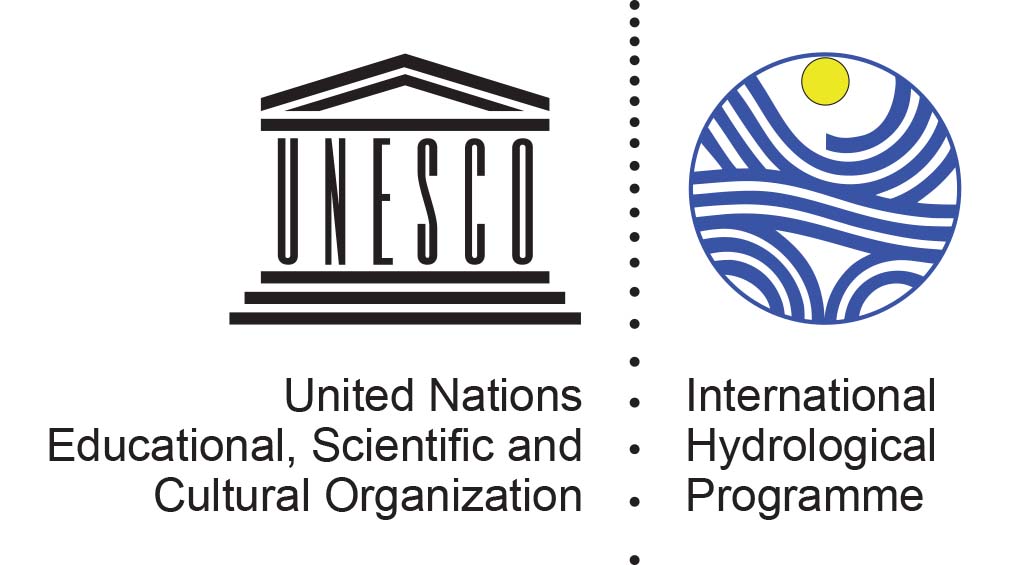Read more infomration here.
Mountains cover almost 27% of the world’s land surface and directly support the 22% of the world’s population. Mountains provide indispensable goods and services to a significant proportion of humankind. They supply half of the global population with freshwater for domestic use and lowland irrigation in support of global food security and play an important role in the production of hydropower as a form of green energy. Mountains are centres of cultural and biological diversity, sources of raw materials, and important tourist destinations.
Despite these key goods and services they provide, mountains still remain among the ecosystems least documented, offering services least accounted for. At the same time, many mountain regions are confronted with multiple risks and hazards, including widespread land degradation, inequitable land rights, resource grabs, and dire poverty. Globally, approximately 40% of the mountain population in developing countries is vulnerable to food insecurity, and half are chronically hungry. The situation is exacerbated by global climatic, environmental and socioeconomic changes. With uncertainties created by climate change, high population growth and land use change, urgent political actions are needed to enable environments at global and local levels and to facilitate the implementation of Sustainable Mountain Development (SMD) activities based on available knowledge and information while promoting investment in SMD.
In order to promote SMD in view of the considerable global challenges ahead, a program funded and led by Swiss Agency for Development and Cooperation (SDC) named “Sustainable Mountain Development for Global Change (SMD4GC)” was initiated with an objective to contribute to sustainable development in mountain regions under uncertain and changing climatic, environmental, and socioeconomic conditions. The programme involves the establishment of SMD policy instruments at different levels; and knowledge management to enable mountain stakeholders and communities to implement knowledge-based SMD activities.
One of the activities of the SMD4GC Programme is to support different multi-stakeholder events to enhance policy dialogue as well as knowledge sharing. The backbone of these events is the World Mountain Forum (WMF) – an outstanding platform for SMD. It is in this framework that, following the last WMF held in Cusco, Peru in 2014, a third WMF will take place in 2016 at Mbale, Uganda. The Forum brings together mountain stakeholders from around the globe, and provide a platform for exchange, promotion of collaborative action and fostering political dialogue among different levels of society. The overall goal of the World Mountain Forum is to engage dialogue with articulated concrete actions and concerted efforts to address the plight of mountain ecosystems towards the SMD.






